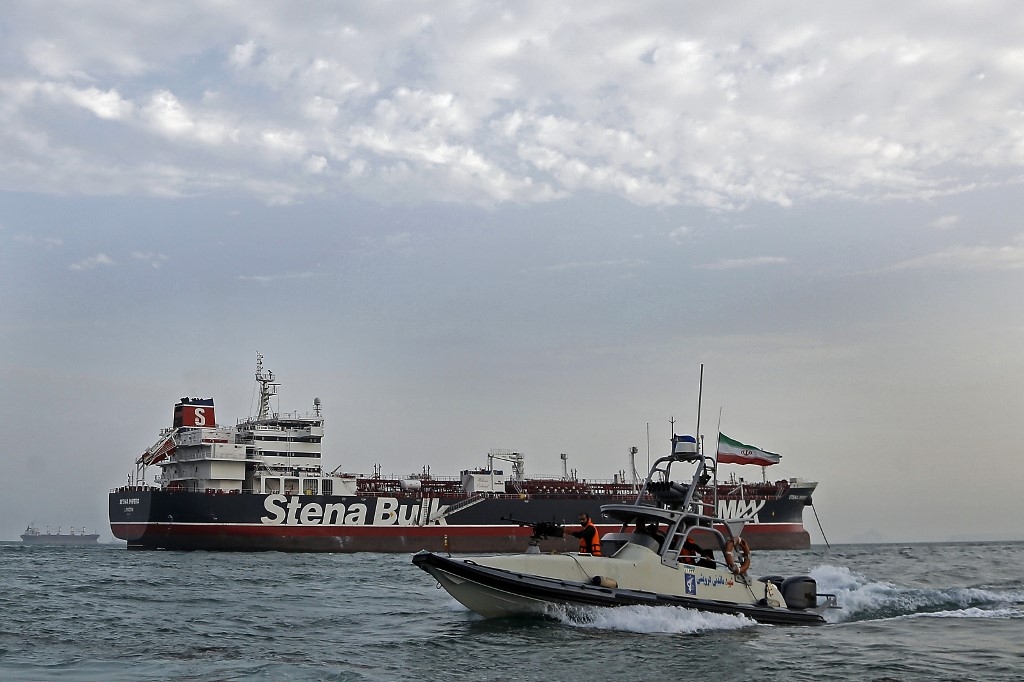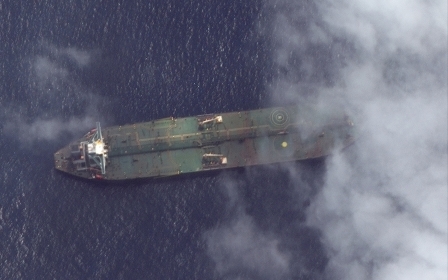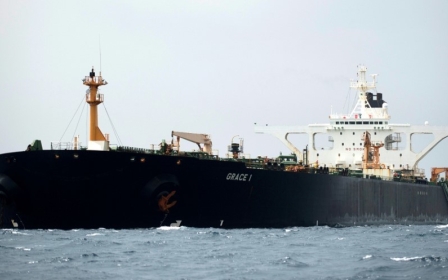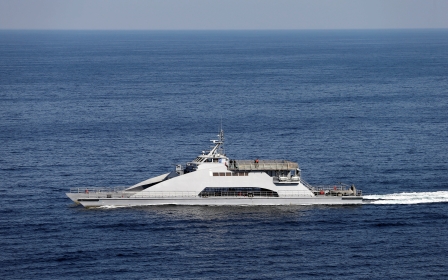Iran may release British-flagged tanker, claims Swedish owner

A crisis that was set off on the waters of the Mediterranean and the Gulf could be winding down as Iran prepares to potentially set free on Sunday a British oil tanker it has held for two months.
The chief executive of the Swedish firm that owns the British-flagged Stena Impero said he had been informed that the vessel may be released later on Sunday.
Erik Hanell, chief executive of Stena Bulk, was speaking to the Swedish public broadcaster SVT: "We have received information now this morning that it seems like they will release the ship Stena Impero within a few hours. So we understand that the political decision to release the ship has been taken."
"We hope to be able to head out within a few hours, but we don't want to anticipate events. We want to see that the ship sails out of Iranian territorial waters," Hanell told SVT, adding that his information came from Iranian authorities.
The tanker was detained two weeks after Britain detained an Iranian tanker off the territory of Gibraltar, which has since been released.
New MEE newsletter: Jerusalem Dispatch
Sign up to get the latest insights and analysis on Israel-Palestine, alongside Turkey Unpacked and other MEE newsletters
British forces raided the Iranian-flagged Grace 1 tanker, accusing it of breaking European Union sanctions by transporting oil to Syria and setting off a maritime crisis.
Iran then threatened to retaliate, eventually seizing the Stena Impero and further raising concerns about security in the Gulf only weeks after two other oil tankers were bombed on 13 June - an attack the US blamed on Iran.
Gibraltar eventually released the Grace 1 tanker, which had by then been renamed the Adrian Darya 1, based on a promise that it would not sail to Syria.
Satellite imagery showed, however, that the ship, after going dark near Syria, did appear to stop at the Syrian port of Tartus. Almost immediately afterwards, Iran confirmed that the ship's cargo had been offloaded.
Britain responded by accusing Iran of breaking its promise not to deliver oil to Syria.
"We want Iran to come in from the cold, but the only way to do that is to keep its word and comply with the rules-based international system," said Foreign Secretary Dominic Raab.
Iran's plan on Gulf security
Iranian President Hassan Rouhani will present a plan for creating security in the Gulf in cooperation with other countries in the region when he attends the United Nations General Assembly in New York this week.
Saudi Arabia and the United States accuse Iran of attacking Saudi oil facilities on 14 September, the largest-ever such assault on the world's top oil exporter.
Iran denies involvement in the attack, which was claimed by Yemen's Houthi movement, a group aligned with Iran and currently fighting a Saudi-led alliance in Yemen’s civil war.
"This year we will present a plan to the world at the United Nations that the Islamic Republic of Iran in cooperation with the countries of the region can create security for the Persian Gulf and the Oman sea with the help of the countries of the region," Rouhani was cited as saying on his official website.
Middle East Eye delivers independent and unrivalled coverage and analysis of the Middle East, North Africa and beyond. To learn more about republishing this content and the associated fees, please fill out this form. More about MEE can be found here.




